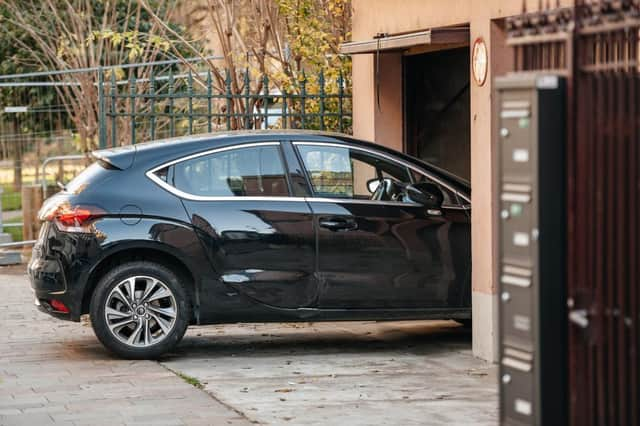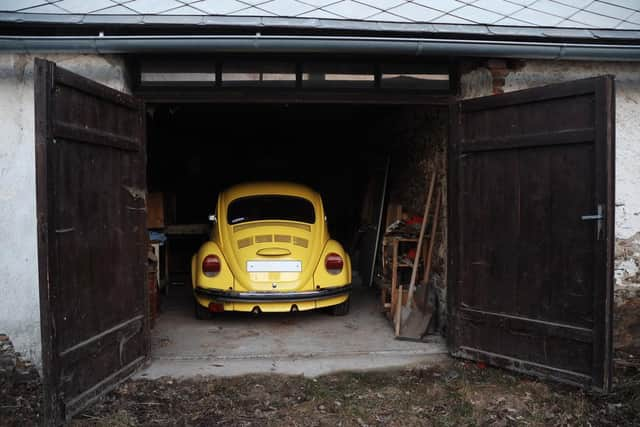SORN myths busted: from keeping your car on the road to claiming back tax


Drivers who have declared their vehicle off the road or are considering doing so have been urged to make sure they understand the rules around the SORN process and avoid a hefty fine.
Every year around 3.4 million vehicles are declared off the road via a Statutory Off Road Notification (SORN), and last March saw the biggest monthly number of declarations as half a million drivers took their cars off the road to save money as the first national lockdown hit.
Advertisement
Hide AdAdvertisement
Hide AdA SORN exempts a vehicle from car tax but means it cannot be used on the public roads. Using a SORN’d car on the road leaves drivers at risk of a £2,500 fine.


While the process to make a SORN or return a car to the road is straightforward, a number of myths and misconceptions have grown up around the process and the Driver and Vehicle Licensing Agency (DVLA) has now issued a guide debunking some of the most common ones.
You can keep your vehicle on the road – just don’t drive it
The clue is in the name. When you SORN your vehicle, it can’t be kept on a public road – so it must be kept in a garage, on a driveway or on private land.
SORN is transferrable to the next vehicle keeper
In the same way vehicle tax isn’t transferred to the new keeper, when you buy a vehicle, SORN is also not transferred. So, if you’re buying a vehicle and want to keep it off the road, remember to make a SORN with DVLA.
Advertisement
Hide Ad